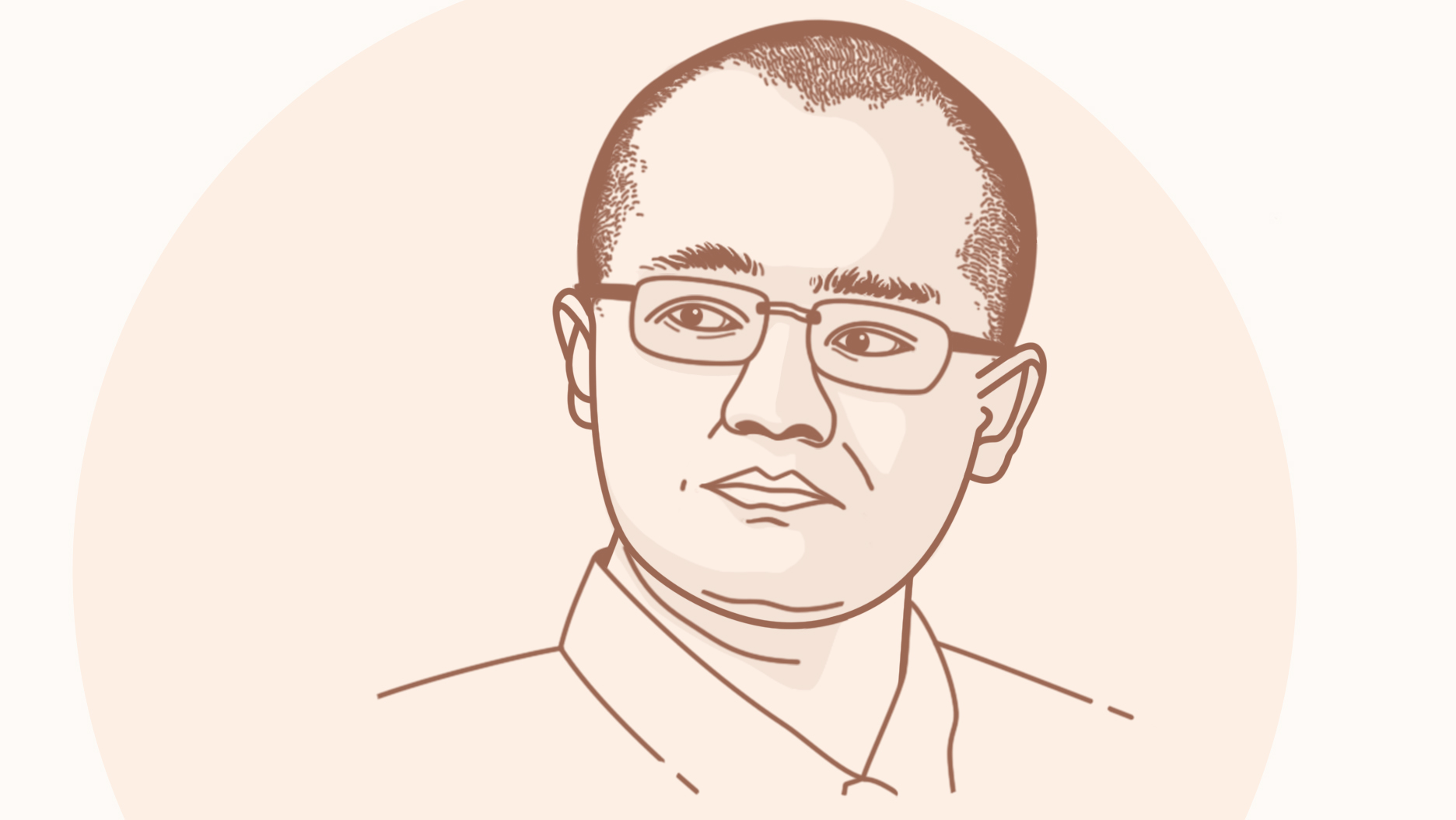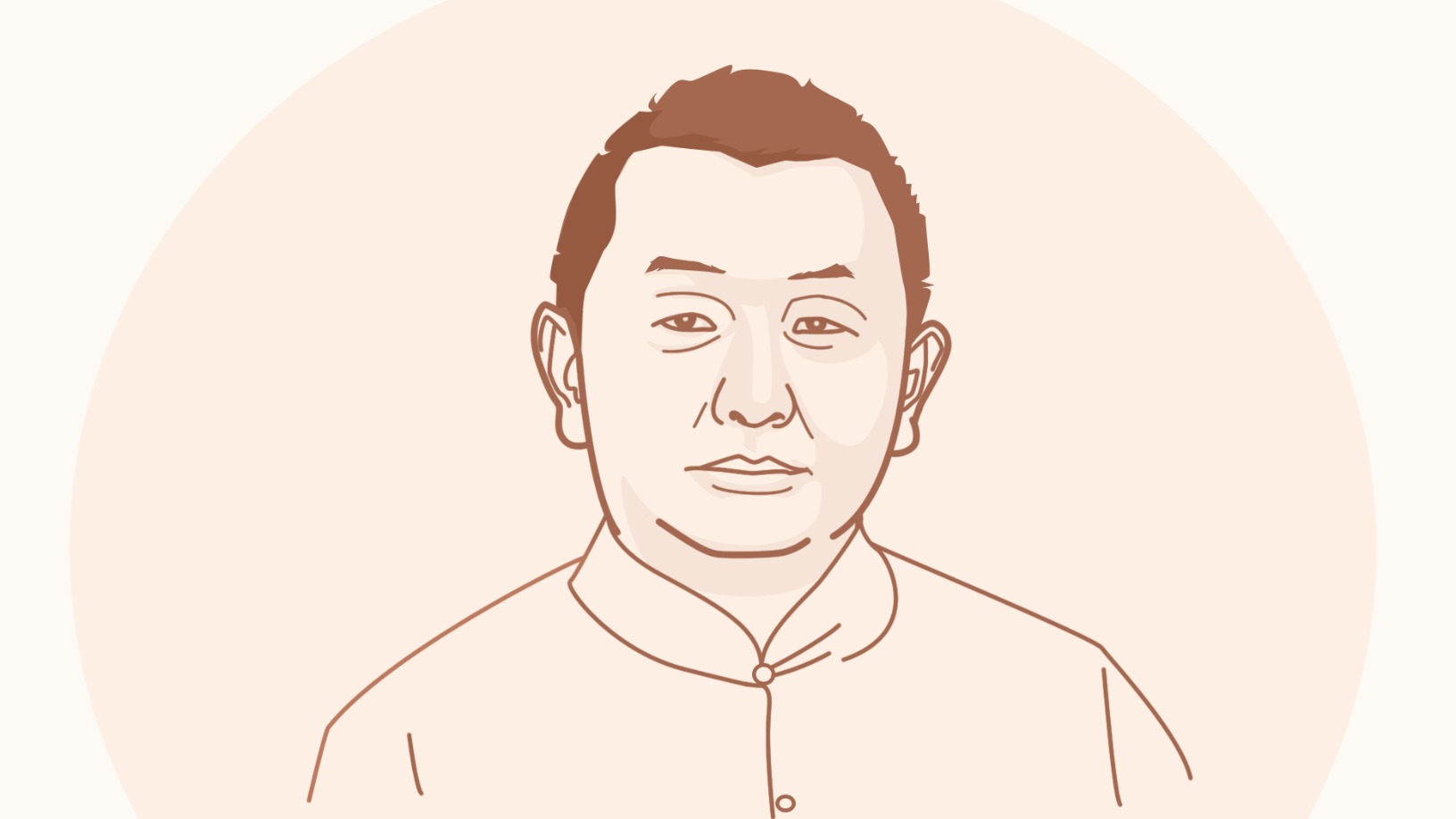On June 22, 2018, Meituan-Dianping, China's biggest on-demand services platform, filed for an initial public offering (IPO) on the Hong Kong Stock Exchange. The company is seeking a valuation of up to US$55 billion, as it plans to raise US$4.5 billion from investors.
If successful, the IPO will make the company’s founder and CEO Wang Xing, who holds more than 10% of the company’s shares, one of the richest people in China. Forbes estimates that Wang, 39, currently has a net worth of US$4 billion. Not bad for someone once dubbed “the unluckiest serial entrepreneur” by the media.
Meituan-Dianping is the most important Chinese company to go public after Xiaomi in July this year. Formed when Meituan merged with its closest rival Dianping in 2015, the Tencent-backed company has blazed a new trail beyond the e-commerce, social media and search engine models dominated by Baidu, Alibaba and Tencent. It has also expanded through investing in other startups, currently 29 of those in the food and beverage sector and 10 in the travel, hotel and commercial real estate fields.
Wang himself has invested in 11 startup businesses, whose focuses range from unmanned drones to taxi services to wearable devices. He provides these businesses with funds and resources as well as consulting services. Wang has made three successful exits so far.
The clout of Meituan-Dianping extends beyond China, too. Earlier this year, it put money into Indonesian taxi-hailing app Go-Jek and India’s on-demand food delivery giant Swiggy.
“As a participant in and a witness to the development of the Chinese internet over the past 20 years, I believe that it’s heading into a whole new phase,” said Wang.
Wang considers O2O the future of the internet in China. He hopes to triple Meituan’s user base by riding the trend of linking internet innovations to the offline economy.
King of copycats
Born into a wealthy family in southeastern Fujian province, Wang was an outstanding student. He received his bachelor’s in Electronic Engineering from the prestigious Tsinghua University in 2001. Wang was then awarded a full scholarship to the University of Delaware in the United States to obtain his doctorate in Computer Engineering.
In 2003, inspired by the rise of social networking in the US, Wang quit his PhD program and returned to China, hoping to create similar platforms for people to build social networks and interact with one another.
Along with two former classmates, Wang founded Duoduoyou, a version of Friendster, in 2004. Unfortunately, Duoduoyou failed, as did the trio’s second project. Other ideas also led nowhere.
Wang’s first success came in 2005 when he created Xiaonei, a clone of Facebook and predecessor of renren.net. The website flourished in China and amassed more than 1 million users the following year. However, due to lack of funds and business savvy, Wang was forced to sell Xiaonei for US$2 million in 2006.
In 2007, Wang created China’s first micro-blogging platform Fanfou, similar to Twitter. Fanfou became popular with Chinese young people: the platform gained several million users in two years. However, in 2009, the government shut down Fanfou for over a year because of rumorous content on the platform about the Urumqi riots.
Although the “copy-to-China” model is common among Chinese startups, Wang’s repeated and often blatant copies were not always embraced by his peers. Qihoo 360 CEO Zhou Hongyi accused him of not knowing how to innovate.
Despite the criticism, Wang has said he has no regrets: “Even Steve Jobs imitated others’ innovations.” This optimism has been key to Wang’s entrepreneurial success. Few others would keep trying after so many failed ventures.
Success out of failure
Only two people left the company while Fanfou was shuttered. Wang gathered the rest of the team together to copy another US startup. Thus Meituan, a daily deals website akin to Groupon, was born.
Meituan was the first Groupon imitator in China. But Wang was not alone in seeing the potential of the group buying business model.
In 2010 and 2011, over 5,000 group buying websites sprung up across China. Competition for market share quickly became an expensive race to the top.
Most of Meituan’s rivals expanded quickly by burning cash. Wang, by this time a seasoned entrepreneur, opted for a more sustainable approach.
Rather than spending vast sums on promotions, Wang focused on improving Meituan’s IT and customer service. “In the end, it’s the customers, not the merchants, who pay the bills. Whether they are satisfied with the service will determine whether you will be knocked out of the race,” said Wang.
At Meituan, every move toward expansion was made only after thorough research and calculation. When deciding whether to launch its platform in a new city, the company would first estimate the potential return on investment based on a number of indices such as population, GDP and online purchasing power. Any plans not worth investing in were discarded.
As a result of this cautious strategy, Meituan successfully weathered the storm and emerged as a major player. Thousands of other group buying startups fizzled.
On December 31, 2013, Meituan’s daily sales hit RMB 100 million. In 2010, the platform made just RMB 140 million the entire year.
Meituan merged with Dianping in 2015, a restaurant review platform that also had a group buying component, creating a new O2O giant with a 70% share of the group buying market
"Go big or go home"
This is the slogan on the wall of Meituan’s headquarters in Beijing.
Having won the group buying battle, Wang said the victory was just a step toward the company’s next chapter. His ultimate goal is to build an “Amazon of services” to help people “eat better” and “live better.”
Using Meituan’s app, customers can make restaurant reservations, order takeout, buy movie tickets, book vacations or hail a car service. In 2017, the company generated over 5 billion transactions and had roughly 310 million active customers. Users had access to 4.4 million merchants through the platform.
“It looks like we’re doing a lot of things, but we’re actually only doing one thing,” said Wang in an interview. “You can buy a lot of things from Amazon or [Alibaba’s] Taobao, but they’re just e-commerce platforms for physical goods. Meituan is an e-commerce platform for services.”
From its early days of imitation, Meituan has through the years focused on execution, improving its workflow and services with cutting-edge innovations.
With more than 6,000 engineers and state-of-the-art technology, Meituan created its proprietary Real-Time Logistic Dispatch System. The system dispatches orders to more than 500,000 riders. All orders have to be delivered to customers within 28 minutes. The company also conducted a test of driverless delivery vehicles in March of this year.
Facing a changing market and new competitors, the future of Meituan is far from certain. However, Wang’s courageous character and down-to-earth working style have remained the same. He still insists his employees call him “big brother Xing.” Wang has said he is not afraid to fail again because “falling is another way to make progress as long as you are falling forward, not backward.”











